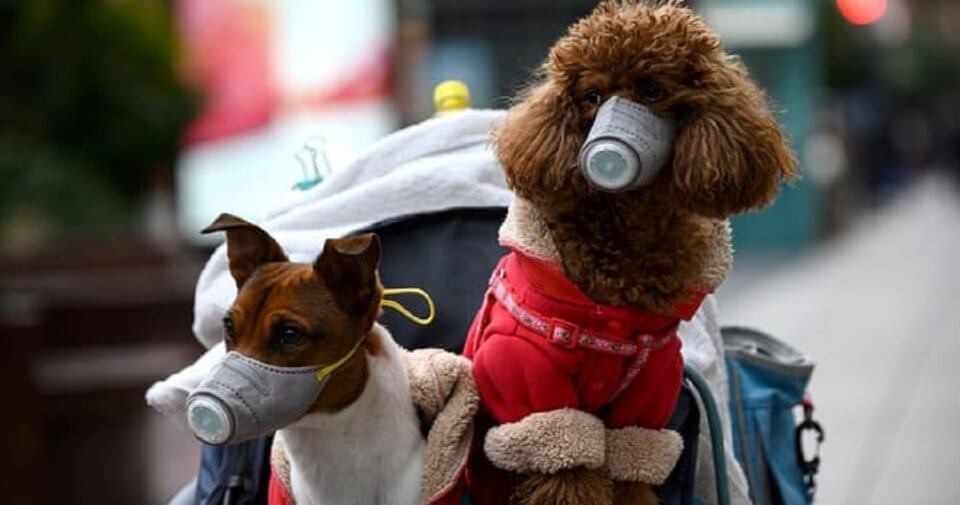Witnessing the spread of coronavirus (Covid-19) across the world, many pet owners are trying to avoid close contact with their pets. They believe that their pets can get the coronavirus and give it to humans. But according to World Health Organization, there is no evidence that pet animals such as dogs or cats could be infected humans with Covid-19.
“I think the idea that we’re going to give this virus to our pets or we’re going to get it from them is just nonsense,” said Dr. John Williams, chief of the division of pediatric infectious diseases at the University of Pittsburgh Medical Center Children’s Hospital of Pittsburgh.

“This is not simply my opinion. I’m a virologist, an infectious disease doctor, and I’m just saying there’s no scientific evidence for that,” stressed Williams, who has studied various coronaviruses for decades.
“I’m going to debunk that also,” said infectious disease expert Dr. William Schaffner, a professor of preventative medicine and infectious disease at Vanderbilt University School of Medicine in Nashville.
“We don’t have to worry about pets — this virus now likes humans but data show it’s not spreading among pets or farm animals,” Schaffner said.
Dogs in Hong Kong test positive
Panic began among pet owners when an infected dog being found in Hong Kong. The Pomeranian dog tested positive for the Covid-19 virus after its owner was confirmed as being infected. The dog wasn’t showing any clinical signs of the disease, according to a report from World Organisation for Animal Health. Sadly, the dog died after being released from quarantine.

A second dog that lived in the same house, however, tested negative on several occasions during quarantine. “That was a weak positive in the dog. We don’t even know if that was a real positive,” Williams said.
“The Pomeranian was never sick with the illness, and it was released from quarantine and then died,” said Dr. Dana Varble, chief veterinary officer for the North American Veterinary Community, which provides continuing education for veterinary professionals.
“We don’t know what the dog died of because they didn’t do an autopsy, but this dog was extremely elderly and had multiple underlying health conditions,” Varble said.

But there is currently no evidence that pets can transmit the virus to humans or that this virus can cause the disease in them, a spokesman for the Agriculture, Fisheries and Conservation Department said.
“They tested thousands of dogs and cats for this virus and found no positive results in pets, so we believe that the likelihood of dogs or cats contracting this is extremely low at this time,” Varble said.
May we contract the virus from a pet’s fur?
‘In theory, if a patient with a virus in their nose rubbed their nose and got a bunch of virus on their hand and then petted their dog,” Williams said, “and then another family member petted that dog in the exact same place and then rubbed their nose, maybe they could transmit it.”

“But if you’re living in a home with a person who has the virus, the risk factor is that human, not the pets,” he added.
What should pet owners do?
“At this point, we’re encouraging people to interact with their animal as normal,” West Village Veterinary Hospital‘s Dr. Daniel Smith said. He also added that as a precaution, pet owners should “keep interaction between your pet and other people to a minimum.”

“Embrace your pets,” Williams advised. “Pets play a vital psycho-psychological role for their owners, specially now when everybody’s feeling so isolated and alone.” Schaffner agrees: “This is the time to hug your pet but not your human loved one.”
Pet owners infected or susceptible of being infected with the coronavirus should limit interaction with their pets and have another member of the household care for them. If they must look after their pets, they should maintain good hygiene practices and other health behaviors by face mask wearing.
Source: CNN

